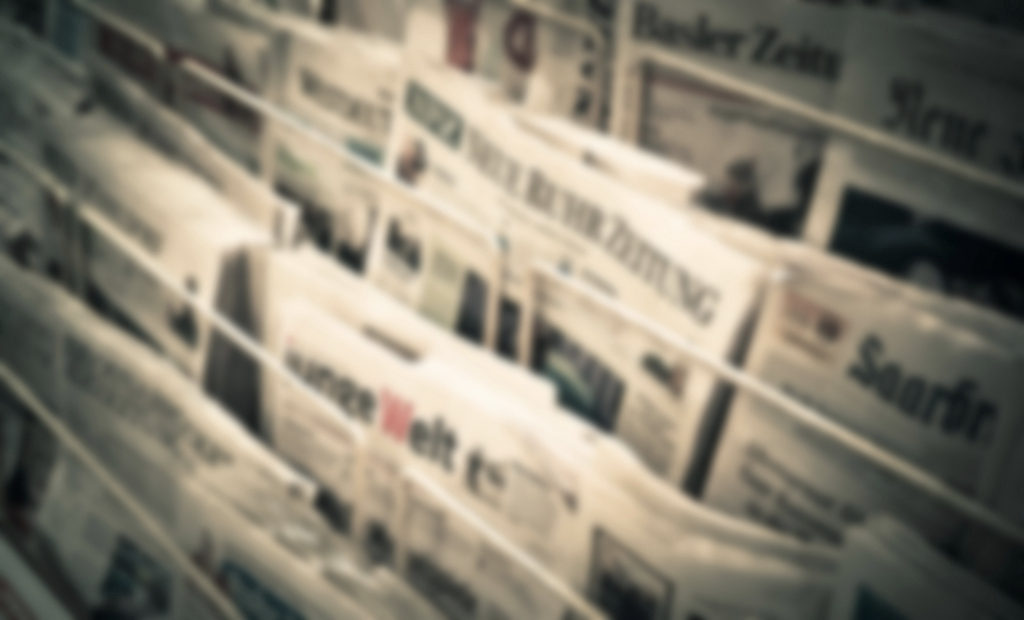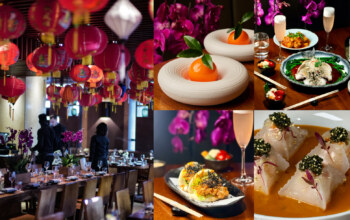Myanmar frees over 500 prisoners, including political dissidents, in latest reform step

Myanmar’s government has released over 500 prisoners, including several political detainees and a number of foreigners.
Myanmar’s officials did not release a list of names but opposition activists say that at least 58 political prisoners were freed in Monday’s move. The lack of specification in naming those released is due to the fact that Myanmar’s government does not distinguish between ordinary and political prisoners.
This latest release of prisoners is part of a series of political, economic and social reforms by Myanmar’s government. The reforms are aimed at opening up the nation, also known as Burma, to international investments and relieving the pressure of international sanctions.
However, the Assistance Association for Political Prisoners (AAPP), a non-profit organisation that provides assistance to political prisoners and their families in Myanmar, estimated that around 300 political prisoners remain in detention in Myanmar. They are said to be in poor living conditions and experiencing brutality.
A member of Aung San Suu Kyi’s opposition, the National League for Democracy (NLD), said: “We’re optimistic that these are the remaining political prisoners.”
“We think the prisoners are a bargaining chip,” Bo Kyi, joint secretary of the AAPP, meanwhile told CNN, adding: “If the Burmese authorities were really honest, they would release all the political prisoners unconditionally.”
The liberation comes only a week before Myanmar’s President Thein Sein is due to fly to the US to attend the UN General Assembly.
Political analyst Michael Kugelman, of the Woodrow Wilson International Centre for Scholars in Washington, said that Sein wanted “to demonstrate that Burma is ready to do business with the world.” He pointed out that improving US-Myanmar relations was an important political goal. Myanmar has vast natural resources and is sandwiched between the emerging powers of China and India, a potentially vital position in a world where Asian countries are constantly gaining economical and political power.
Annalisa Ratti

























Facebook
Twitter
Instagram
YouTube
RSS